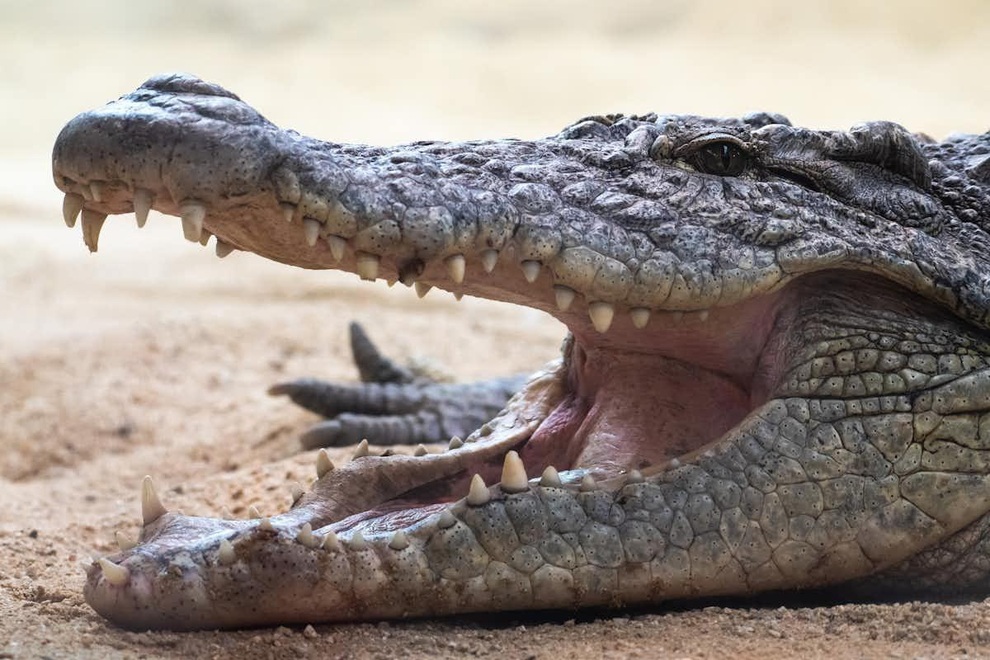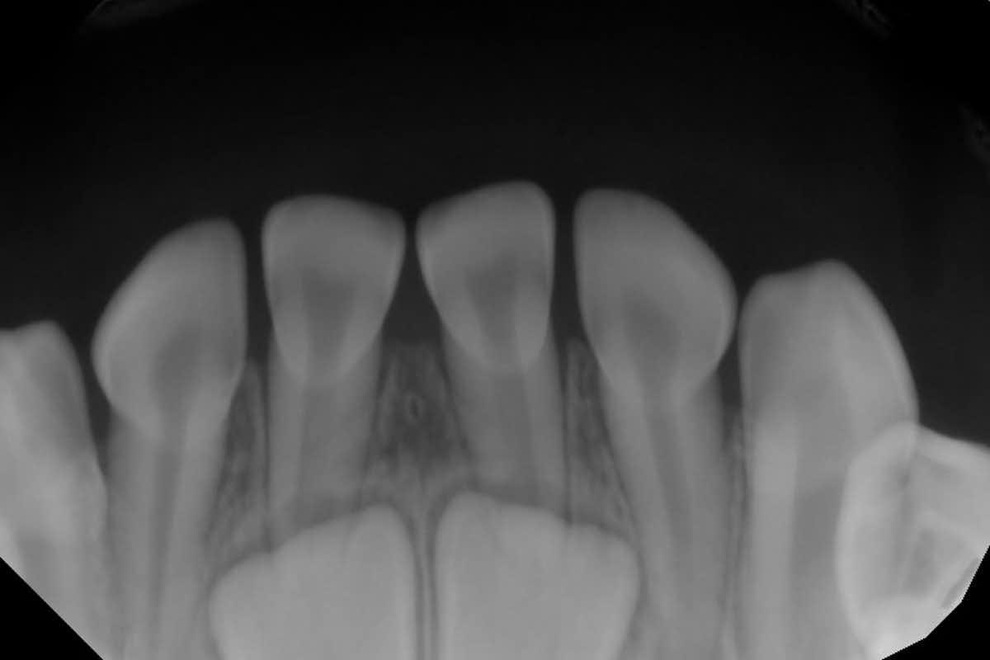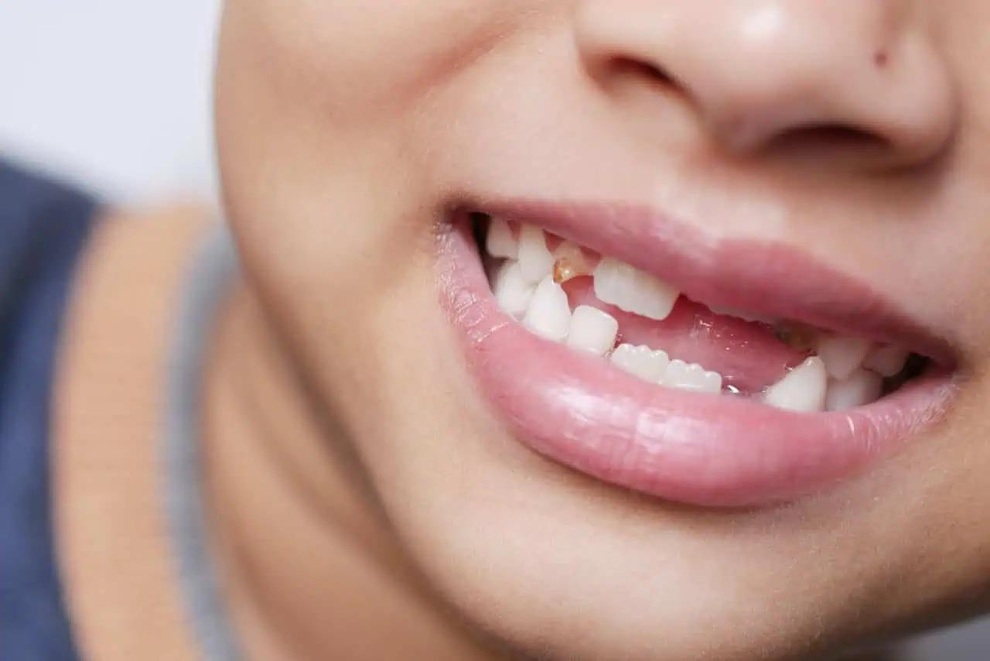A pediatric dentist and an anthropologist explain how baby teeth and permanent teeth help humans chew food throughout their long lives.
Unlike sharks which can regrow an unlimited number of teeth, humans only have two sets of teeth in their lifetime: baby teeth and permanent teeth.
A recent study published in The Conversation explains that this evolution is a perfect adaptation to ensure humans can chew food efficiently throughout their long lifespan, while also placing strict requirements on dental care from an early age.

Teeth are essential tools that help animals bite and chew food, but the way they are maintained varies between species.
Carnivores have sharp teeth for tearing, while herbivores have flat teeth for grinding. For some species, like beavers, teeth grow continuously and need to be worn down through gnawing.
Sharks and crocodiles are polyphyodonts, capable of growing almost infinite sets of new teeth as old ones fall out.
However, like most mammals, we humans only have two sets of teeth: Deciduous teeth, which begin to erupt when babies are 6 to 8 months old. Then, when children are between 5 and 12 years old, these baby teeth will fall out, making way for the larger permanent teeth.

The existence of two sets of teeth in humans is a perfect adaptation to the body's development. Baby teeth are relatively small, necessary to fit into the small faces and jaws of young children. As we grow older, our faces and jaws also grow larger, making room for more and larger teeth.
Permanent teeth (28, plus the possibility of four wisdom teeth) are larger than baby teeth, helping us chew food more efficiently, suitable for the varied diet of adults.
This process ensures that our teeth remain in proportion to our facial size as we grow older, helping us maintain efficient chewing ability throughout our lives. Incisors are responsible for biting and tearing, while molars are responsible for chewing food into small pieces before swallowing.
Even though baby teeth will fall out, it is still very important to take care of them. If a baby tooth becomes severely decayed or infected and is removed too early, it can cause serious problems for permanent teeth.
A common problem is what is called “crowding”. When a baby tooth is removed, other teeth around it can shift into the space. This leaves the permanent tooth with insufficient room to come in properly, leading to a condition called crowding or impacted teeth.

Therefore, keeping baby teeth healthy and in place until they fall out naturally is essential to ensure that permanent teeth can erupt properly.
For now, the best solution is still good oral care by brushing twice a day with fluoride toothpaste and flossing daily.
Limiting sugary foods and drinks, visiting your dentist regularly, and protecting your teeth from damage are keys to maintaining a beautiful, healthy smile.
